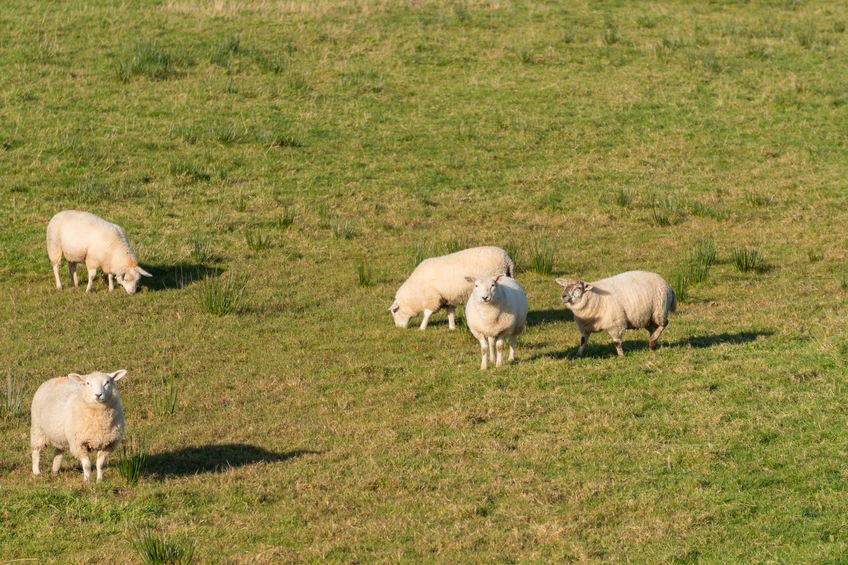
British sheep producers have issued a stark warning of the potential consequences the UK-Australia trade deal could have on the sector.
The National Sheep Association (NSA) has warned of 'damaging consequences' for the industry if there was no 'proper scrutiny' of the recently announced trade agreement.
The body said there was 'still time' for government to consider safeguards and to ensure measures in the FTA to avoid market disruption and the undermining of standards.
Following the agreement in principle (AIP), the NSA has urged ministers - before it is converted into legal text - to 'heed the warnings' of farmers and consumer groups.
The AIP outlines the tariff rate quotas (TRQs), which for lamb will more than triple immediately from roughly 8,000 tonnes annually to 25,000, and then grow over ten years to 125,000 tonnes.
At current consumption rates, the NSA said that was equivalent to more than 40 percent of the UK’s total sheepmeat needs.
In addition, the New Zealand's Trade Minister recently stated that they expected their FTA to be treated similar to that of Australia.
The New Zealand quota is already currently 110,000 tonnes. The NSA said this was a 'stark reminder of the dangers of a precedent being set'.
It added the 'worst-case scenario' was that more than 80% of sheepmeat consumed in Britain could be imported - 'produced in ways that wouldn’t be allowed by farmers here'.
With such pressure from the two biggest exporting sheepmeat nations, the body said there would 'inevitably be times when a price war comes into play'.
Chief executive Phil Stocker said: “NSA warned from day one that the UK sheep sector could end up being the sacrificial lamb for the benefit of other industries in a trade deal and ministers could still step in to ensure this doesn’t happen.
"We should be looking at carcase equivalent volumes rather than the option to fill quota with a limited range of cuts, and we should also consider seasonal limits to avoid clashing with our peak production months."
Mr Stocker said that sheep farmers also needed assurances that in case of market disruption quotas could be halted.
At a time when farmers are being required to be more profitable, maintaining good and stable prices would be an 'important part' of achieving this.
"There is also very different understanding of the meaning of equivalence of standards and NSA’s view is that this should boil down to what the public and the government want and expect of our farmers," Mr Stock added.
"If there are things required of us here, then it’s not unreasonable to require the same from those entering our market."
